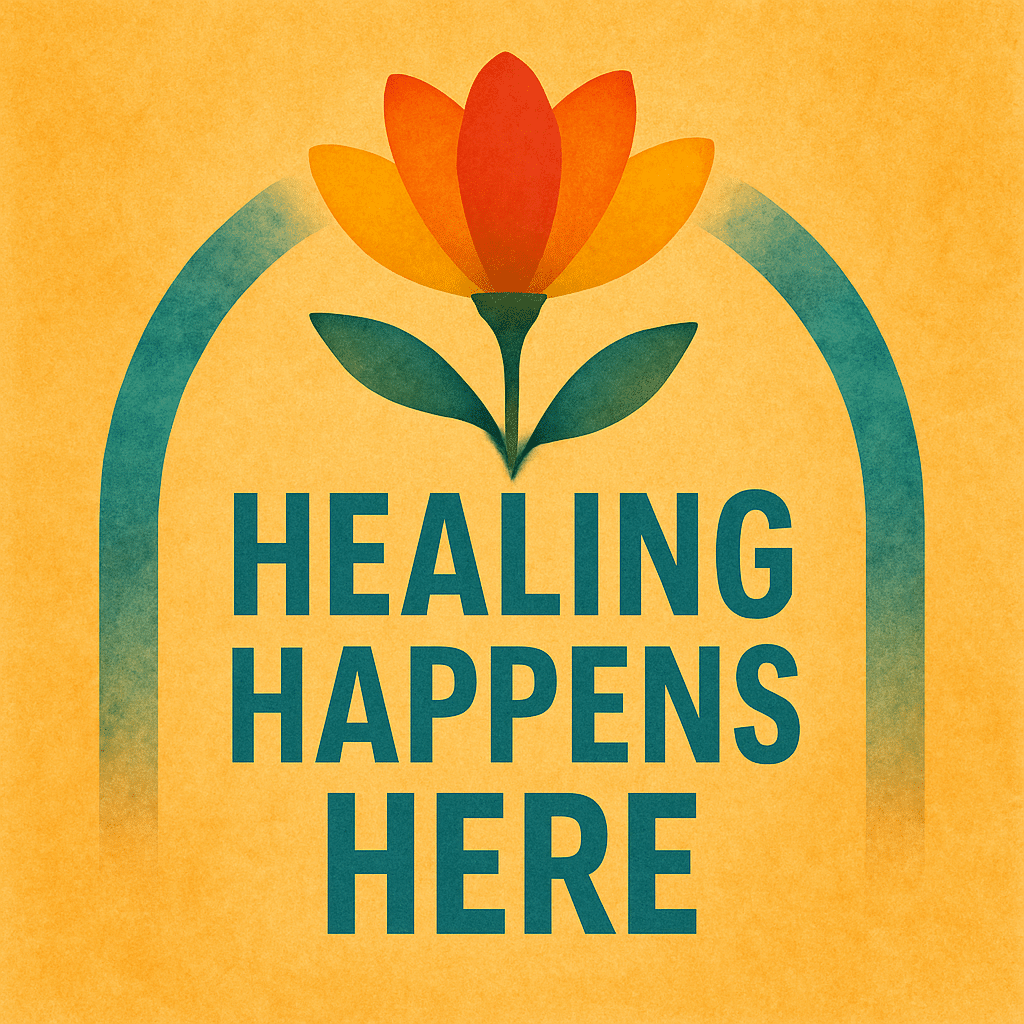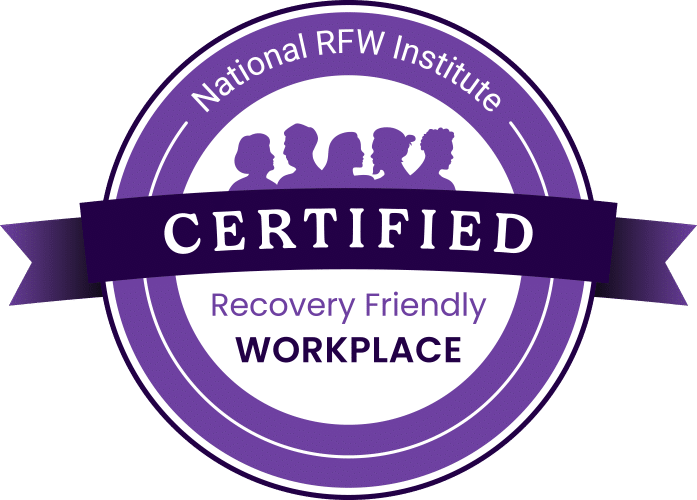When Felicia first walked through the doors at Eliot Community Human Services in December 2019, she wasn’t looking for a miracle. “I had very, very low expectations,” she recalls. After years of misdiagnosis, being incorrectly and overmedicated, and receiving invalidating care, she was emotionally depleted and mentally drained. Just two months earlier, a near-fatal suicide attempt marked what felt like the bottom of a decades-long downward spiral.
But what Felicia found at Eliot wasn’t more of the same. It was the start of something radically different: a path forward grounded in empathy, compassion, understanding, respect, and the kind of care that sees the whole person, and not just their pain or symptoms.
“They asked, ‘What happened to you?’ instead of ‘What’s wrong with you?’ and that shift alone made all the difference. For the first time, I felt seen, believed, and understood.”
A New Kind of Care
Felicia had spent years in treatment systems that failed to meet her needs and often made her situation worse, exacerbating her symptoms and leaving her feeling lost and unseen. “My days blurred together; I was chronically suicidal, deeply depressed, and overwhelmed by hopelessness,” she says. “I’d been working with a therapist who wasn’t trauma-informed and often dismissed or minimized my experiences. For many years, I was incorrectly medicated and misdiagnosed. Rather than feeling supported, I was left feeling disconnected, numb, and alone.”
At Eliot, everything changed. For the first time, she was met by a team that listened. She found providers who didn’t just treat symptoms; they built trust. They invited her into the process and allowed her to be at the forefront of her treatment. And together, they began rebuilding her life, one step at a time.
The Transformative Power of CPT
One of the most impactful pieces of Felicia’s journey was her experience with Cognitive Processing Therapy (CPT), a gold-standard, evidence-based treatment for PTSD.
“It wasn’t about rehashing the trauma—it was about shifting how I made sense of it.”
Through CPT, Felicia learned to identify and challenge the stuck points and distorted beliefs that kept her locked in shame, guilt, and self-blame. Over time, the structured sessions gave way to something more intuitive. She began using the skills naturally, in real time, interrupting destructive thought patterns, extending herself grace, and cultivating self-compassion.
“For the first time in over two and a half decades, I’m not suicidal. I’m living. I’m thriving. I’m enjoying life.”
A Wraparound System of Support
CPT was just one critical part of the broader support system Felicia found at Eliot. Over the years, she engaged in multiple evidence-based modalities including: prolonged exposure therapy, somatic experiencing therapy, CBT, ACT, and DBT-informed care. She also accessed programs such as Adult Day Treatment, ACCS, and peer support groups.
“I wouldn’t be back in the community today without those services. They didn’t just help me heal; they gave me the space I needed to confront the pain I had buried and to untangle things I didn’t even realize were holding me back. That support allowed me to start growing into the person I was always meant to be and to finally live the life I’ve always deserved.”
This integrated, trauma-informed, and team-based model gave Felicia something many never find in mental health care: continuity, respect, and a sense of empowerment and self-agency.
Her care team didn’t push medications. Instead, they helped her safely reduce those that weren’t helping. She wasn’t defined by her diagnoses or symptoms. She was treated as a human being with hopes, fears, and dreams worth fighting for.
Access for All
Felicia is clear about the importance of Eliot’s work, recognizing its profound impact on her own life as well as for the community at large.
“Trauma doesn’t discriminate, and healing shouldn’t either.”
As someone who couldn’t afford private therapy, she knows firsthand the difference that high-quality community-based care can make. Eliot’s commitment to providing leading, evidence-based treatments regardless of a client’s background or life circumstances can be truly life-changing, especially for those who might otherwise fall through the cracks.
“When someone walks into a therapist’s office and sees their identity respected and their story valued, that’s not just good practice. It’s the result of a real commitment to diversity, equity, and inclusion. These values aren’t extras, and they’re nonnegotiable; they’re the very heart and foundation of ethical and effective mental health care.”
A Life Transformed
Today, Felicia is no longer just surviving; she’s building a new life for herself. She’s returned to school, started a new career, reconnected with the people, places, and things that bring her joy, and reclaimed a deeper sense of purpose and meaning.
And most importantly, she’s sharing her story. Not because it’s easy; because it might help someone else find the courage to take their first step.
“You don’t have to have everything figured out in order to start therapy, and you don’t need to be in crisis for therapy to be worth it. You’re not committing to forever. You’re just giving yourself the chance to try something new that might help.”
Healing Happens Here
Felicia’s story is just one example of the impact that Eliot’s trauma-informed, evidence-based approach can have. Through CPT and a network of compassionate, coordinated care, Eliot empowers clients to find stability, recovery, meaning, agency, and joy.
Every story matters. Everyone deserves to be seen. Everyone deserves to be heard.
And everyone deserves the chance to heal regardless of their past, their pain, or the path that brought them there.
To learn more about Eliot’s trauma-informed programming, visit www.eliotchs.org.


